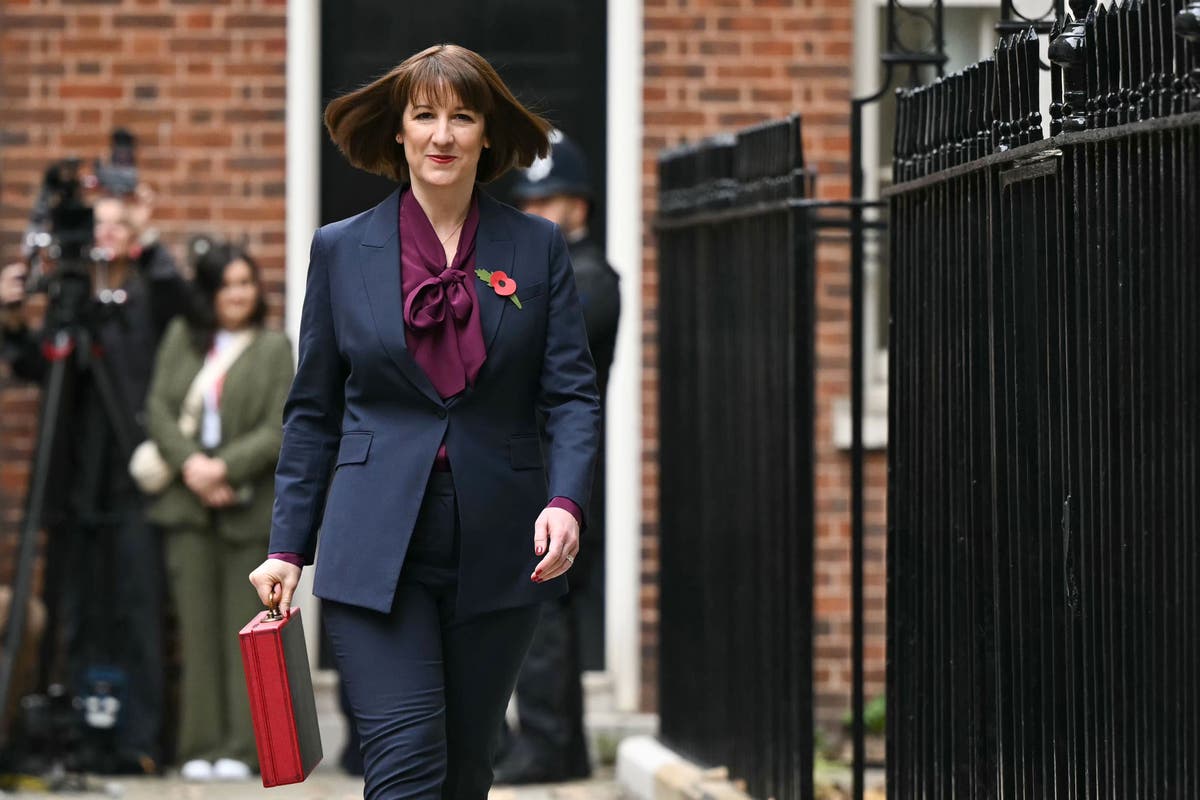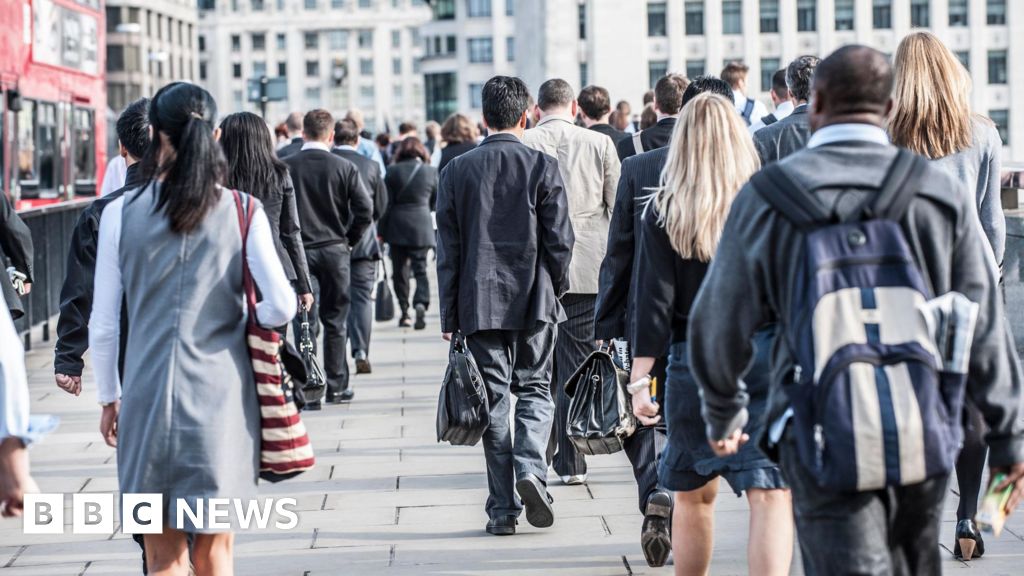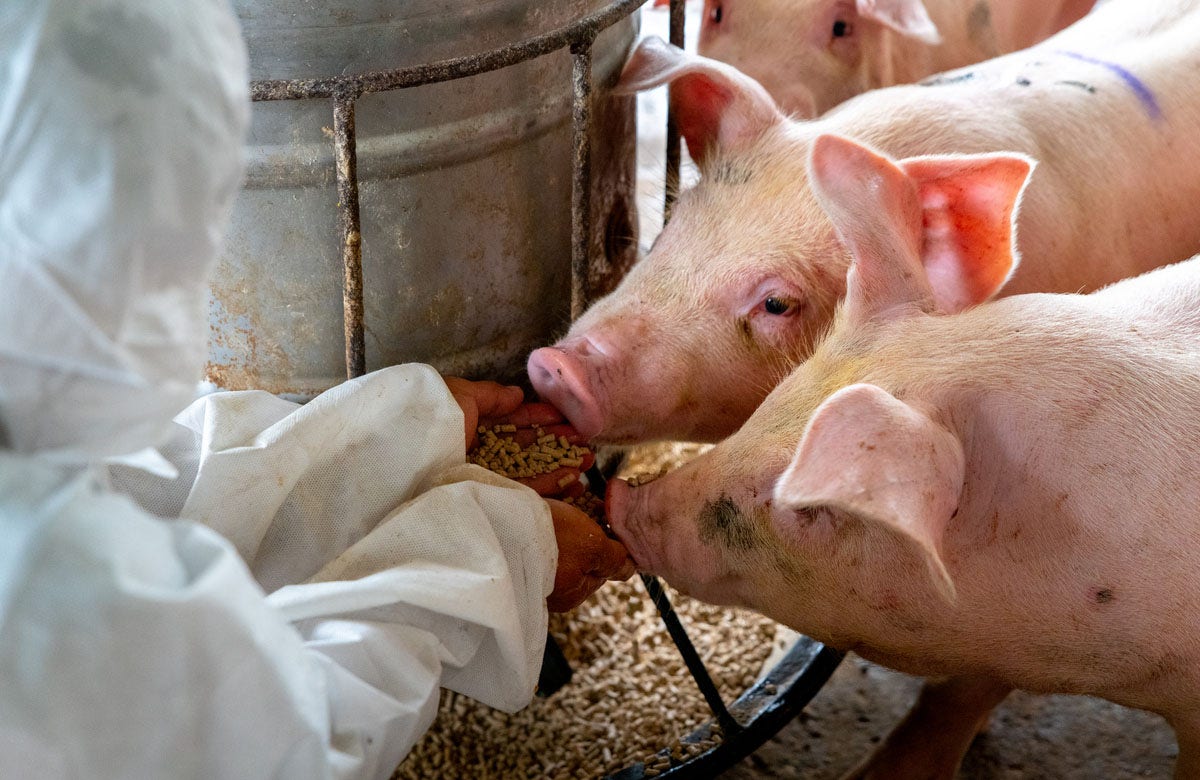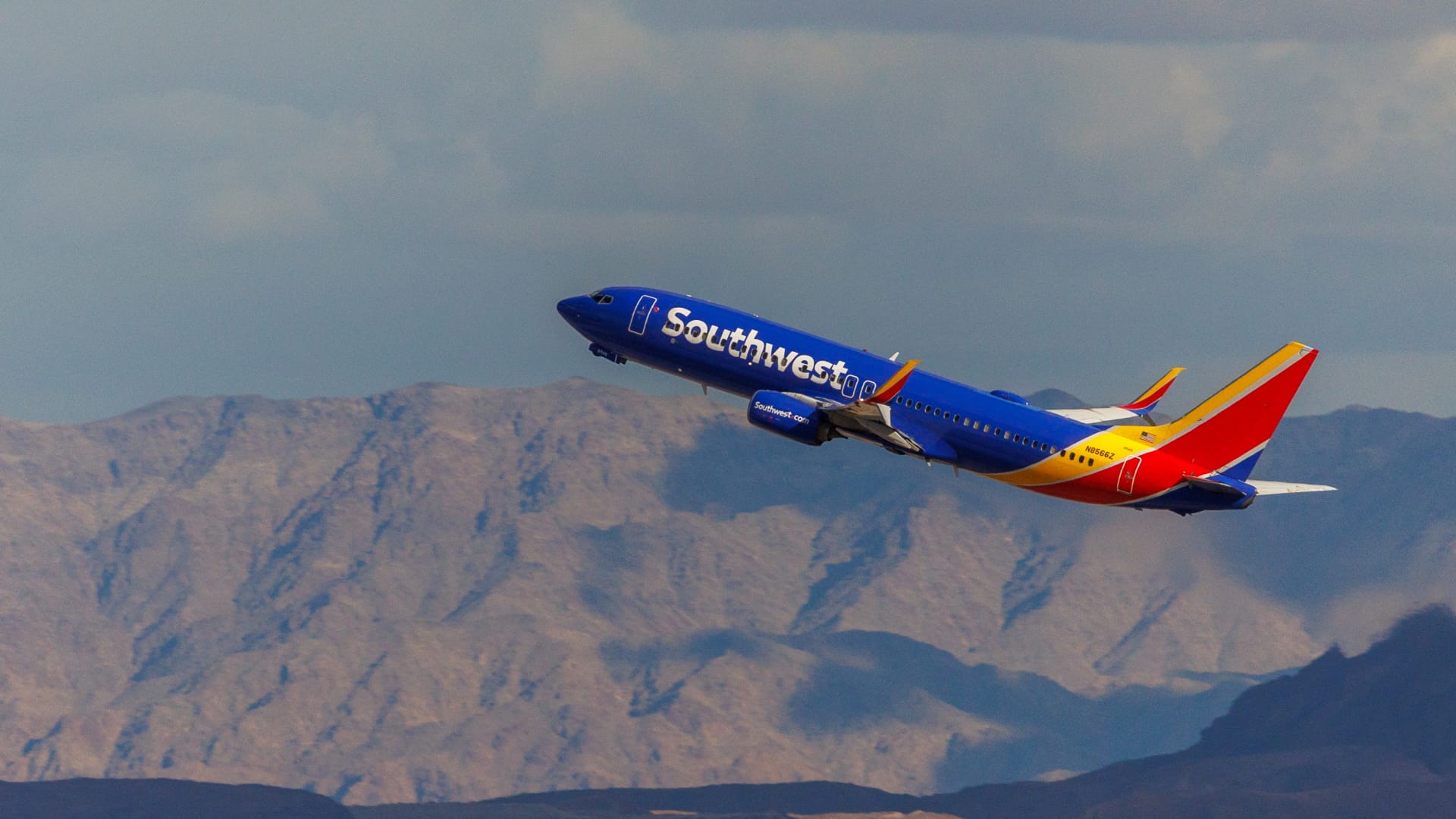Southwest Airlines on Thursday posted a wider loss for the first quarter than the same period last year and warned that Boeing’s airplane delays will hamper its growth into 2025.
The airline expects to grow capacity 4% this year, down from a plan to expand 6%. For the second quarter, it forecast growth of 8% to 9% and said revenue would be down as much as 3.5%.
Shares of Southwest slid almost 7% on Thursday.
The airline said in a quarterly filing that it now expects to receive only 20 Boeing 737 Max 8 planes, down from its previous forecast of 46 of them. The carrier will now delay retiring some of its older Boeing planes and is cutting costs, including by offering staff voluntary time off. Southwest said it expects to end the year with 2,000 fewer employees than it had at the end of 2023.
It will shut down operations at some airports, including in Syracuse, New York; Bellingham International Airport in Washington; Cozumel International Airport; and Houston’s George Bush Intercontinental. The carrier is also scaling back service in Atlanta and at Chicago O’Hare International Airport.
“Achieving our financial goals is an immediate imperative,” CEO Bob Jordan said in an earnings release. “The recent news from Boeing regarding further aircraft delivery delays presents significant challenges for both 2024 and 2025. We are reacting and replanning quickly to mitigate the operational and financial impacts while maintaining dependable and reliable flight schedules for our Customers.”
The Dallas-based carrier operates an all-Boeing 737 fleet and is acutely affected by Boeing’s aircraft delays stemming from its safety and quality crises.
The carrier had previously warned that slower Boeing deliveries were hampering its growth.
Southwest is not only rethinking its network but also its business model. Jordan told CNBC that the airline might ditch its single-class cabin and open seating. While he said no decisions have been made, it would be a massive shift, just as big rivals like United and Delta post strong revenue growth for premium seats.
Here is how Southwest performed in the first quarter compared with Wall Street expectations, according to consensus estimates from LSEG:
- Loss per share: 36 cents adjusted vs. an expected loss of 34 cents
- Revenue: $6.33 billion vs. $6.42 billion expected
Southwest lost $231 million, or 39 cents a share, in the first three months of the year, compared with a loss of $159 million, or 27 cents a share, a year earlier when it was dealing with the aftermath of its holiday meltdown.
Adjusting for one-time items, including costs related to labor contracts and fuel, Southwest lost $218 million, or 36 cents a share.
Revenue rose almost 11% to $6.33 billion, slightly below analysts’ estimates as compiled by LSEG.
Correction: Southwest Airlines revenue of $6.33 billion came in slightly below analysts’ estimates as compiled by LSEG.















































